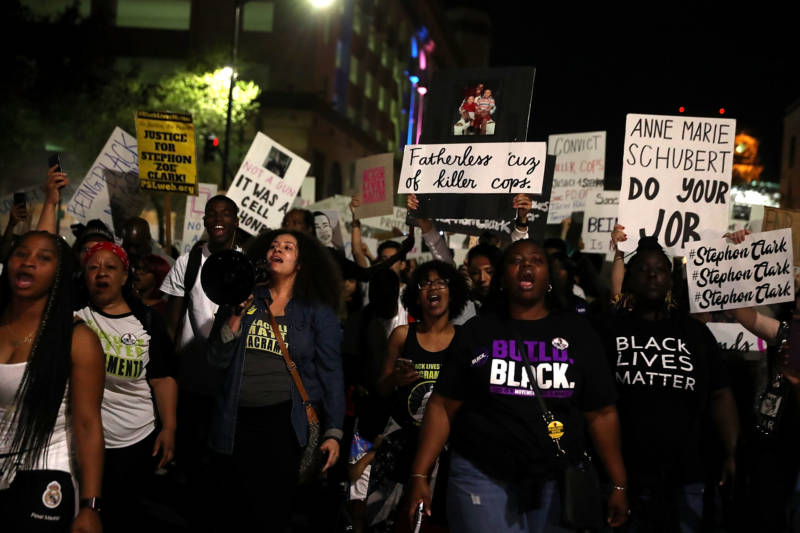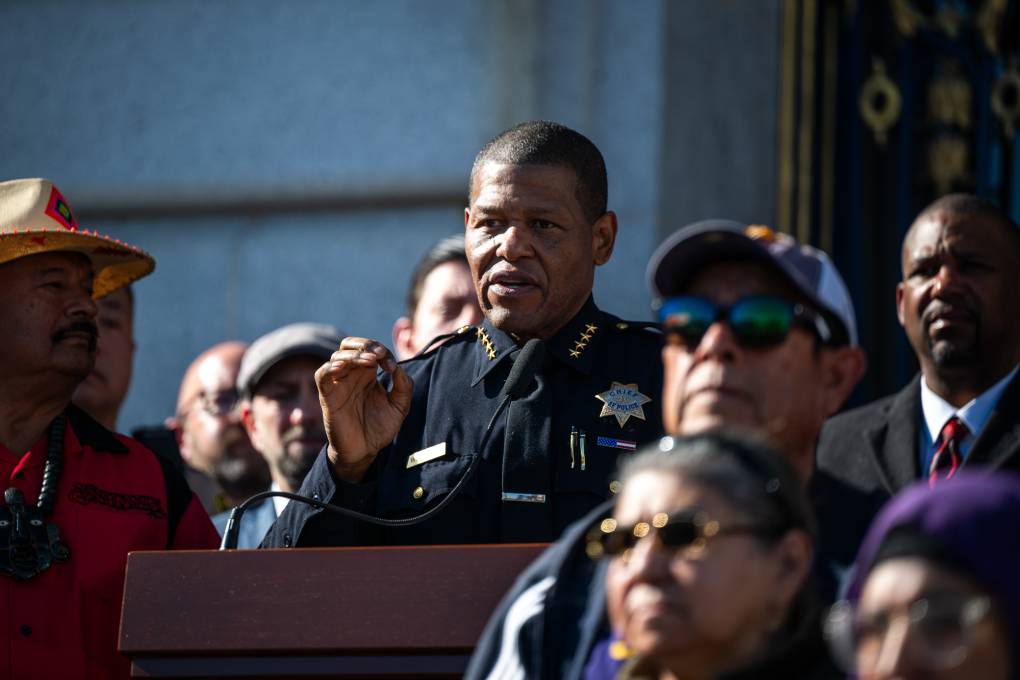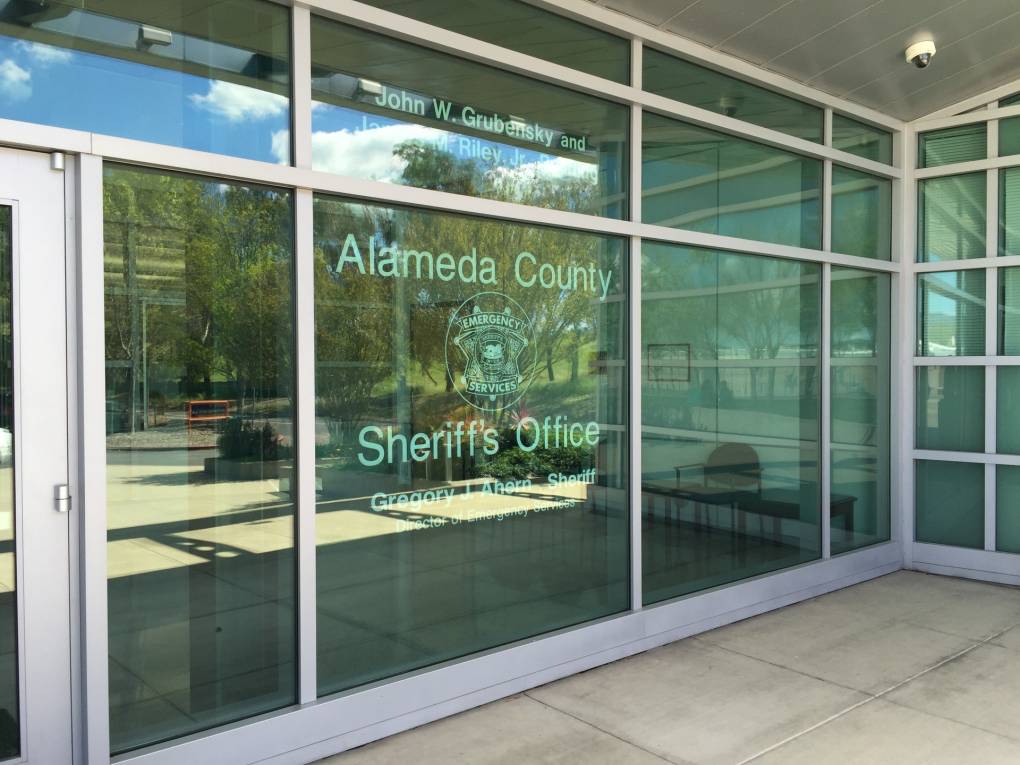“It’s clear that the combination of these things will, I think, have a salutary effect on police training,” said Robert Weisberg, co-director of the Stanford Criminal Justice Center and an expert on use-of-force law. However, “the inclusion of this word ‘necessary’ doesn’t really change anything, because necessary is … always going to be subject to court interpretation.”
That’s particularly true after amendments last week deleted an explicit definition of “necessary” that had said officers could open fire only when there is “no reasonable alternative.”
That change was key to law enforcement becoming officially neutral on the legislation because it effectively aligns with existing court decisions, said Brian Marvel, president of the rank-and-file Peace Officers Research Association of California and a top negotiator on the amended measure.
Senate Leader Toni Atkins of San Diego said she believes coming to a compromise on the bill’s language was the most difficult part of the process and she’s optimistic it will pass smoothly through the Senate.
“I’ve already had comments from colleagues in the Senate, on both sides of the aisle, saying how much they appreciate the work that we have done on this,” she said.
Gov. Gavin Newsom has also signaled his support for the measure.
KQED’s Katie Orr contributed to this story.



